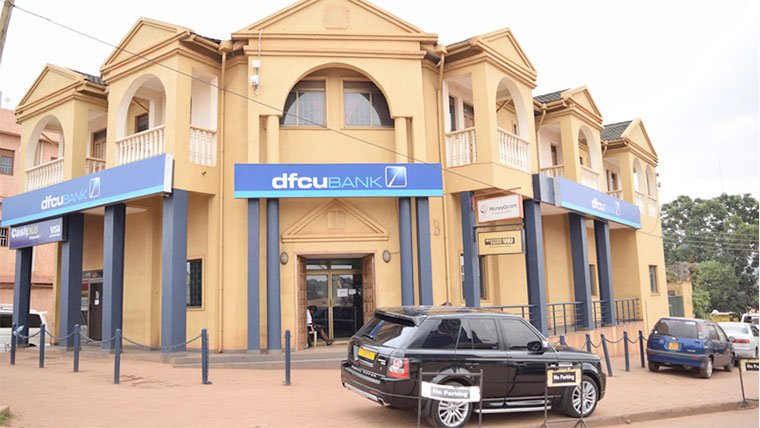CRANE BANK: What Sudhir’s latest verdict in London case against dfcu means in a simple man’s understanding
The ruling now exposes the personalities who stand accused currently of having involved themselves in the illegal sale of Crane Bank to dfcu after mostly probably being paid bribes in the process.

By Stephen Kasozi Muwambi
An appeal court in London recently issued a ruling of far-reaching consequences in the case Uganda’s tycoon Sudhir Ruparelia files over dfcu’s bizarre purchase of his formerly owned Crane bank.
Just as we have stated that the ruling has far-reaching consequences, we now want to divulge into the ruling so that we can make it possible for the man on the streets to understand what it means.
First of all, the ruling has a bearing on the irregular manner in which the Bank of Uganda sold off Sudhir’s bank.
Whereas Dfcu had used the excuse of Ugandan courts being independent of their counterparts in London to try to protect itself and Bank of Uganda officials from escaping being held responsible for irregularly selling off his bank, the court in London held that once illegalities are established in any given transaction, a foreign court vested with similar jurisdiction as the courts in Uganda, can’t be stopped from looking into those illegalities merely because of procedural technicalities raised by the offending party.
That is a milestone for the indigenous financial institutions that may find themselves in future being subjected to injustice by the Ugandan central bank as Crane Bank itself was subjected to by the same regulator.
Important to note too, the ruling means that Crane Bank’s case will be heard and resolved on its own merits without undue regard to procedural technicalities that had been put forward by dfcu in order to stop the truth of how it had irregularly purchased Crane Bank from ever coming out.
The ruling now exposes the personalities who stand accused currently of having involved themselves in the illegal sale of Crane Bank to dfcu after mostly probably being paid bribes in the process.
Those include among several others, the former central bank’s supervisor of commercial banks, Justine Bagyenda and the central bank’s former deputy governor, Martin Kasekende.
Their legacy judging from this verdict is now at stake following their participation in the Crane Bank’s highly suspect sale to dfcu.
The same is true in the case of the former boss of dfcu, Juma Kisaame and that bank’s former executive director, William Sekabembe.
Small wonder, the above-mentioned duo has since found themselves being deprived of their former offices at dfcu.
In the final analysis, the ruling means that dfcu will have, going forward, to fork out close to three billion shillings in legal costs to the directors of Crane Bank including Sudhir Ruparelia, Rajiv Ruparelia, Joytsna Ruparelia and Tom Mugenga.
The ruling means also that Sudhir has now triumphed over the Bank of Uganda and dfcu for a combined total of eight times in a row and about the closure and selling off of Crane Bank.






